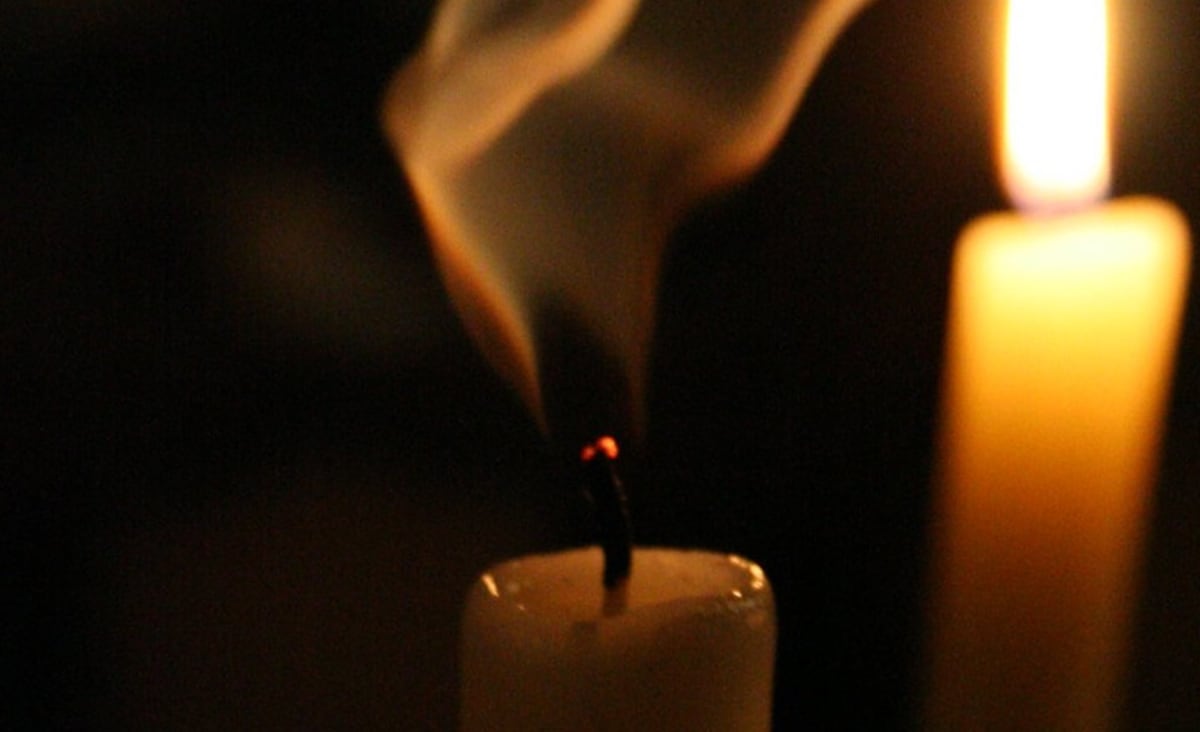
www.goodnewsnetwork.org
Assisted Dying is Rapidly Becoming Legal and Accepted – Currently in 11 Countries and 10 US States
Call it medically-assisted suicide or the right to die, the West is gradually releasing individuals to make the call on the end of their life
Culture & Entertainment
In 1997, only Switzerland allowed their residents to decide if they wanted to end their life, but compassion for end-of-life sensibilities has seen that number rise dramatically across the West.
Since 2015, Belgium, Luxembourg, Canada, New Zealand, Spain, the Netherlands, Colombia, Germany, Austria, Portugal, five Australian states, ten American states, and D.C. have legalized assisted dying. Countries that are largely Catholic such as Ireland, Chile, Italy, and Uruguay are currently crafting legislation to follow suit.
As the Economist reports, more and more people who have seen their relatives suffer through chronic or incurable illnesses—and who may be worried they might face the same fate—are on the crest of a wave of activism to return the right to die to the individual, their doctors, and families, rather than the state.
In 2015, the state of Oregon passed the Death with Dignity Act, which was copied internationally in places like New Zealand and all but one of the states of Australia.
In the UK, three-quarters of people support the right to die, though only 35% of parliament agrees, and so an Oregon-like bill is unlikely to pass at the moment.
In Peru, the constitutional court recently ruled that a doctor’s decision not to help a woman with degenerative polio end her life was a violation of human rights, and a potential challenge to a ban is being made in the courts.
Movements like the one for green funerals or for medically-assisted suicide are part of a changing attitude to death. Naomi Richards, an anthropologist tells the Economist that now death should be, for some people, “an event to be scheduled, controlled.”
One of the founding principles of classical liberalism was the right to self-ownership: one owns the rights and fates of one’s person. It’s the ultimate vote of confidence in not only the sovereignty of the individual, but in the principles which many of our Western countries were found upon.
























































